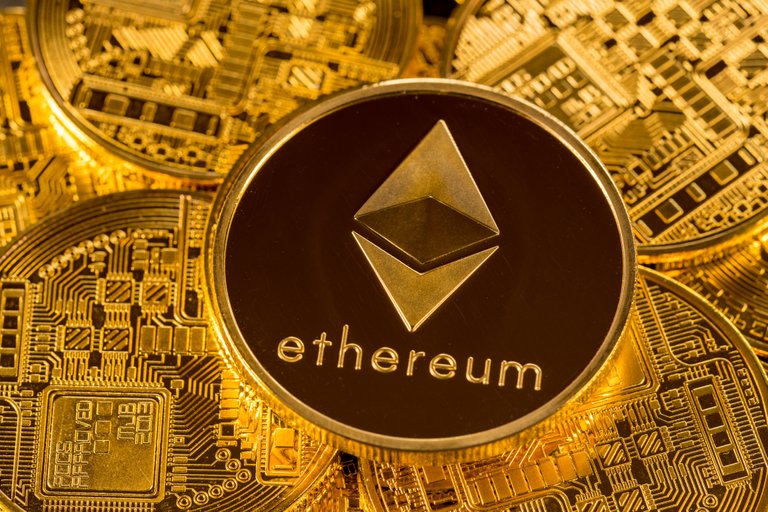
Ethereum is a decentralized, open-source blockchain platform that enables the creation of smart contracts and decentralized applications (dApps). It was created in 2015 by Vitalik Buterin and has since grown to become the second largest cryptocurrency by market capitalization, after Bitcoin.
One of the key differences between Ethereum and Bitcoin is that Ethereum is a versatile platform that goes beyond just being a digital currency. It enables the creation of smart contracts, which are self-executing contracts with the terms of the agreement written directly into the code. This allows for the automatic and secure execution of contracts without the need for intermediaries.
Another important feature of Ethereum is its ability to create decentralized applications (dApps). These are applications that run on a decentralized network, rather than on a single centralized server. This makes them resistant to censorship and tampering, and allows for the creation of a wide range of applications, including decentralized finance (DeFi) platforms, prediction markets, and gaming platforms.
Ethereum also has its own programming language, called Solidity, which is used to write smart contracts and dApps on the Ethereum platform. This language allows developers to create complex and advanced contracts, making it one of the most popular blockchain development platforms.
Ethereum has a native cryptocurrency, called Ether (ETH), that is used to pay for transactions and computational services on the network. Ether is also used as a means of exchange and a store of value, similar to Bitcoin.
Despite its many advantages, Ethereum is still a relatively new technology and there are some concerns about its scalability. As the number of transactions on the network increases, the amount of computational power required to maintain the network also increases, which could lead to network congestion and slow transaction times. Additionally, Ethereum's energy consumption is also an issue for some.
Follow for more content on finance.